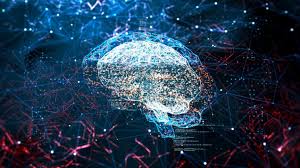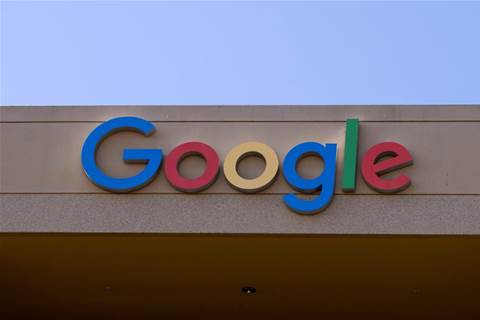Source: interestingengineering.com
To provide sorely-needed, actionable information on COVID-19, Google’s AI unit — called Deepmind — has released predictions found with a deep learning system that sheds light on how the deadly coronavirus’ protein structure develops.
Predicting the future of COVID-19
The growing threat of the novel coronavirus has pushed the tone of reports surrounding COVID-19 to a fever pitch, with misguided advice growing more abundant every day. This confusion, compounded by a lack of actionable information about the virus, has forced the public to respond with grim expectations, leading to global shortages of critical medical supplies. Of course, recent reports that the virus has mutated into two distinct strains revealed the coronavirus to be just as chaotic, especially since this means the push for containment will be more difficult.
But in difficult times, humans have often found solutions in technology, which is why scientists are turning to one of the most advanced tech: AI.
Deepmind’s AI system is pre-trained for several medical applications, like detecting neck cancer or developing models to identify eye disease in a flash. The UK-based and Google-owned research company’s deep learning system also predicts 3D structures of proteins.
But with more than 3,000 people killed by the virus as of early March, scientists at Google AI’s Deepmind have trained the system for a new trick: mapping the structure of the novel coronavirus.
Deepmind’s findings could cut months from the time it takes to understand the coronavirus’ protein structure.
“Knowing a protein’s structure provides an important resource for understanding how it functions, but experiments to determine the structure can take months or longer, and some prove to be intractable,” said a blog post announcing the work.
A time-sensitive situation
Usually, Deepmind peer-reviews its findings before releasing research for open-source viewing. But ultimately, the company decided to bend the rules, and said: Due to the “time-sensitivity of the situation, we’re releasing the predicted structures as we have them now, under an open license so that anyone can make use of them.”
“We emphasise that these structure predictions have not been experimentally verified, but hope they may contribute to the scientific community’s interrogation of how the virus functions, and serve as a hypothesis generation platform for future experimental work in developing therapeutics,” said the blog post.
While Google’s Deepmind isn’t the only entity in the scientific community to release new findings on COVID-19 without peer-review, it’s certainly the most renowned. According to a Business Insider report, it could take months for scientists to find actionable information on the coronavirus, and every day we wait brings news of more deaths from infection. With this in mind, no one will object to a helping hand from AI.


